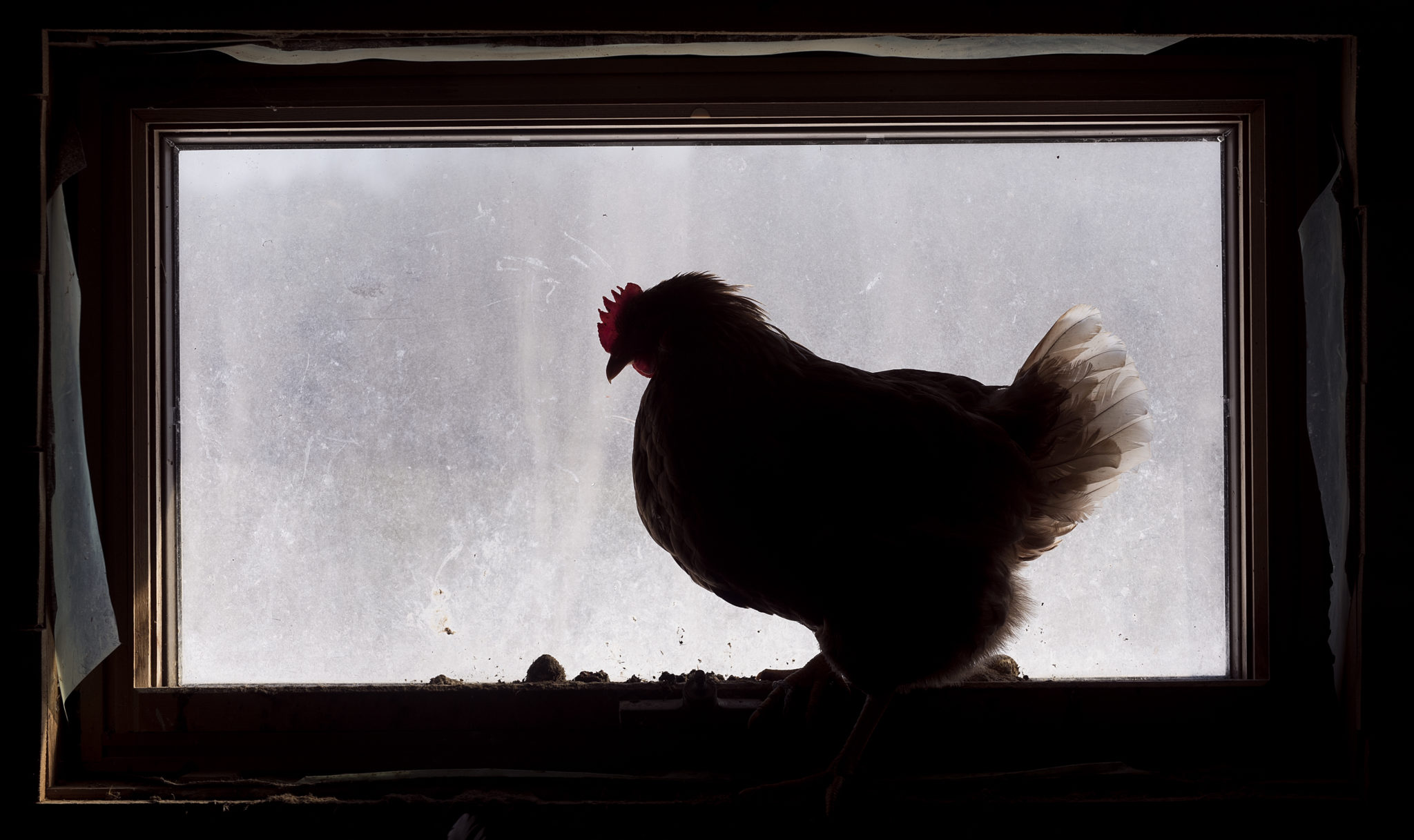USDA launches program to help backyard poultry keepers with biosecurity

Backyard poultry keepers must keep their flock safe from infectious diseases. This is a top priority for a homesteader or anyone involved in raising chickens, turkeys, ducks or any of the fowl used for their eggs or meat.
Diseases like Avian Influenza can devastate a flock, according to Dr. Carolyn Hurwitz, assistant state veterinarian with the Maine Department of Agriculture, Conservation and Forestry.
Which is why, she said, anyone who raises poultry needs to practice good biosecurity measures.
What is poultry biosecurity?
Poultry biosecurity is the practice of preventing the spread of diseases on a farm, or the transfer of disease from one farm to another. It is also making sure a facility is maintained in a manner that does not allow dangerous biological organisms, like viruses, bacteria or rodents, to come in contact with the birds.
This week the United States Department of Agriculture’s Animal and Plant Health Inspection Services — or APHIS — is launching a national program promoting biosecurity and aimed at everyone from the individual backyard bird lover raising a few pet chickens to larger commercial egg and meat producers.
“A lot of people don’t know what [biosecurity] is, or they think it’s this big, scary industry topic,” Hurwitz said. “It’s an important thing to talk about for backyard flocks [because] preventing diseases in the first place is the cheaper and more effective way to go.”
What are biosecurity measures?
In the APHIS Defend the Flock
The two primary biosecurity measures people should keep in mind are limiting human visitors to the coop and excluding wildlife.
“It’s important to limit the number of people you allow [visiting] your flock,” Hurwitz said. “When we have people come over we want to show off our animals and that is wonderful, but maybe we are not thinking ‘are they coming from their own flock or someone else’s flock?’ and don’t think about the germs that can be tracked on a person’s shoes from one flock or coop to another.”
Poultry also need a coop and yard safe from wildlife, including wild birds which can carry the Avian Flu virus.
Animals like rodents and other vermin can bring their own set of problems including Leptospirosis, rabies and salmonella.
“You want to close up any holes in the coop and screen any windows or doors,” Hurwitz said. “You also want to put netting or screening over their yard to keep chickens in and wildlife out.”
It’s also smart to make sure feed, hay or straw are all stored in places that are clean and free of moisture.
How to prevent flock health issues from the start
In the case of poultry biosecurity, an ounce of prevention is worth a pound of cure.
“Plan ahead,” Hurwitz said. “If you really want visitors in your coop, have them change their shoes or have shoes on hand they can borrow that are just worn in your coop.”
Starting off with chicks that come from hatcheries that are certified disease free by the National Poultry Improvement Plan is a great way to start off with clean, healthy birds.
In the event that
Officials can then assess the situation and if it is one of the regulatory diseases they track, document it and then recommend a veterinarian to help get the birds back on track.
When does Defend Your Flock start?
The USDA APHIS program kicks off Wednesday with the free webinar “Let’s Keep Our Poustry Healthy Together: Defend Your Flock with Biosecurity Resources” at 2:30 p.m.
Veterinarians with APHIS and the US Centers for Disease Control will lead the webinar.
According to the USDA, Defend the Flock ongoing resources pull from the knowledge and experience of veterinarians, professional poultry growers, scientists and other experts in biosecurity. Available 24/7 on the USDA’s Defend the Flock website, and on its Facebook page, these resources include checklists for checklists for cleaning and disinfection poultry enclosures, checklists for cleaning equipment, biosecurity fact sheets and guides, how-to videos, information on properly handling live poultry and tips on preventing the transfer of diseases from wildlife to domestic animals.
